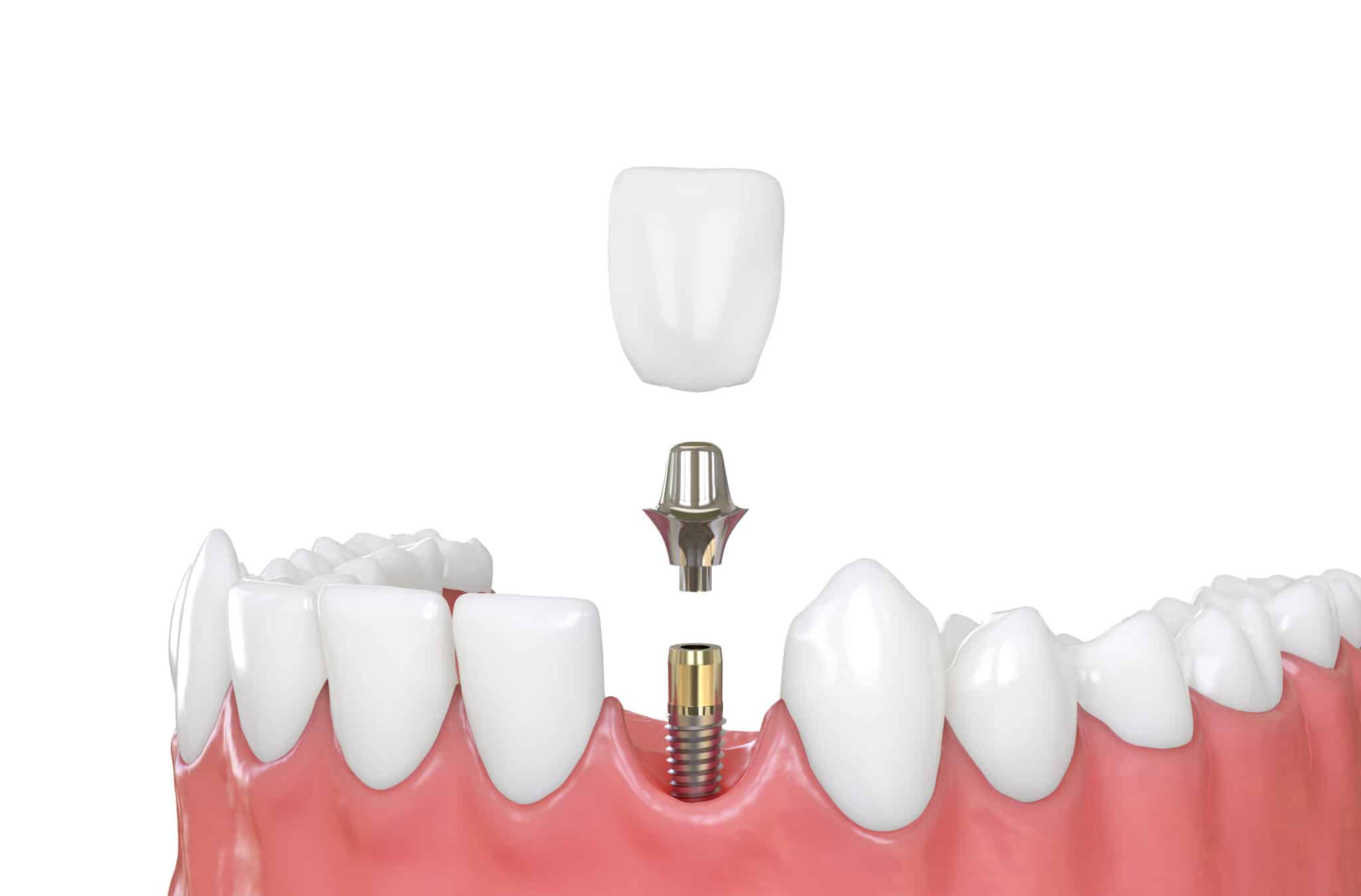Missing teeth mess with your smile, bite, and confidence. Dental Implants Brisbane offers a stable, natural-looking fix that feels like the real deal. You chew better, speak clearer, and stop worrying about plates slipping. Want straight talk and next steps? Book a free implant assessment today, meet your dentist, and walk out with a clear plan.
Who this guide helps
- Brisbane adults comparing implants, bridges, and dentures
- Anyone told they lack bone or need grafting
- Busy people who want fast, safe care with transparent costs
What are dental implants, and how do they work?
A dental implant is a titanium or zirconia post placed into the jaw. It bonds with bone, then supports a crown, bridge, or denture. The result looks and functions like a natural tooth.
Quick facts
- Success rates were reported around 90% to 95% across ten years when placed in healthy patients.
- Chewing efficiency often improves over traditional dentures.
Why choose Dental Implants over bridges or dentures?
- Preserves jawbone. Implants keep bone active through load, reducing bone loss.
- Protects adjacent teeth. No need to grind down healthy teeth for a bridge.
- Strong bite. Eat steak, nuts, and crunchy veg with confidence.
- Long-term value. Upfront cost, less frequent replacement than many bridges or plates.
Is everyone a candidate?
Most healthy adults are excellent candidates for Dental Implants Brisbane with proper planning. Your dentist will assess several factors to determine if you’re a good fit:
- Gum health, decay, and infection
- Bone volume on CBCT scan
- Smoking status and diabetes control
- Bite forces, grinding, and jaw alignment
When bone looks thin, options include:
- Minor grafting at placement
- Sinus lift for upper molars
- Short or angled implants in select cases
Dentist guide for Brisbane families comparing options
When choosing a dentist, you want someone who plans thoroughly, explains risks, and maps out timelines. If you’re looking for a Dentist Springfield, here are some important questions to ask at your consultation:
- Will you show my CBCT and explain nerve and sinus positions?
- What prosthesis type suits my bite: single crown, bridge, or implant denture?
- What is the maintenance plan over five years?
- What is the plan if an implant fails to integrate?
Step-by-step: your Dental Implants journey
- Assessment and 3D scan
Health review, intraoral photos, CBCT, bite analysis. - Planning
Digital design of the implant position. Risk review and consent. - Placement
Local anaesthesia. Guided or freehand placement. Temporary tooth when suitable. - Healing
Osseointegration over 8 to 12 weeks on average. Times vary based on bone quality. - Restoration
Scan or impressions. A custom abutment and crown fitted. Bite checked. - Maintenance
Professional cleans every 6 months, a home care kit, and a night guard if grinding.
Table: Typical timelines
| Stage | Timeframe |
| Assessment to plan | 1 to 2 weeks |
| Surgery visit | 60 to 90 minutes for a single implant |
| Healing | 8 to 12 weeks on average |
| Crown fit | 1 to 2 visits |
Costs, rebates, and value
- Single implant plus crown often sits in the mid four figures in Brisbane. Full-arch solutions reach higher five figures depending on materials and steps.
- Health funds in Australia may offer limited rebates; check your policy.
- Tax and super rules change. Confirm with your provider or adviser.
Why the range exists
- Bone grafting or sinus lift
- Custom abutments and premium ceramics
- Surgical guides and extra appointments
- Hygiene and maintenance package
Data points
- Ten-year survival rates often fall between 85% and 95% when risk factors stay low and maintenance stays consistent.
- Peri-implantitis prevalence varies widely across studies, reported from low teens upward; routine care reduces risk.
Daily life with implants
- Brushing twice daily with soft brush and low-abrasion paste
- Floss threaders or implant-specific floss for under the crown
- Water flosser around abutments
- Night guard for heavy grinders
- Not smoking strongly supports gum and bone health
FAQs
What is the success rate for Dental Implants Brisbane?
Long-term success sits near the 90% to 95% range for healthy, well-planned cases, with proper hygiene and checks. Risk rises with smoking, uncontrolled diabetes, and poor home care. Regular maintenance visits help protect the gum seal and bone levels.
Do implants hurt?
Placement uses local anaesthesia, so you feel pressure, not sharp pain. Most people manage post-op tenderness with simple analgesics for one to three days. Swelling peaks at 48 to 72 hours then settles. Your dentist will give a plan for pain relief, ice packs, and food texture.
What if I do not have enough bone?
Solutions include minor grafts, sinus lifts for upper molars, short implants, or angled implants in select cases. Your CBCT shows nerve, sinus, and bone volume. A tailored plan reduces risk and supports long-term stability.
How long do implants last?
Well-maintained implants often remain functional beyond ten years. Survival data in peer-reviewed literature shows high rates when risk factors stay controlled and hygiene stays consistent. Crowns may need replacement over time due to wear.
Are implants safe with health conditions?
Your dentist reviews medications, bone health, and systemic conditions. Controlled diabetes and treated periodontal disease still allow successful outcomes with tight maintenance schedules. Your medical team may coordinate timing and antibiotics when appropriate.
Emergency care in Brisbane
If you experience severe swelling, bleeding that does not slow, fever, or sudden implant mobility, call the clinic for same-day advice and support. After-hours instructions are provided at the surgery visit.
Next steps
- Book a free Dental Implants Brisbane consult with CBCT-based planning
- Receive a written plan with item numbers, timelines, and maintenance outline
- Meet your dentist, confirm goals, and lock in surgery date



































